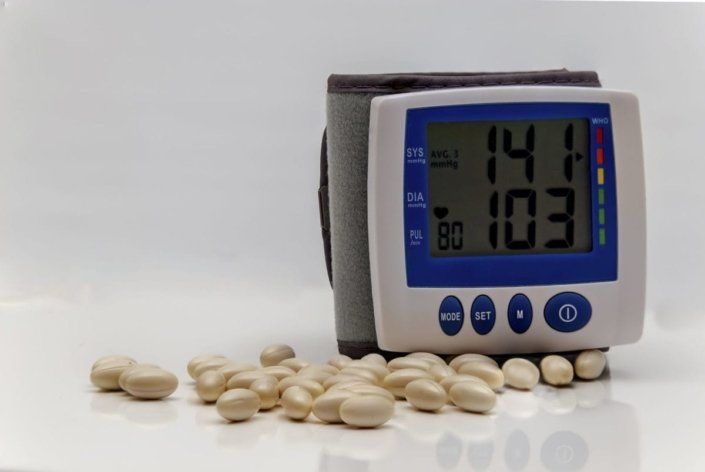RAISED BLOOD PRESSURE Medicines
Blood circulation pressure is the quantity of force that your bloodstream puts on your own artery walls since it moves during your body. Raised blood pressure (also known as hypertension) occurs whenever your blood moves during your arteries at an increased pressure than normal. A variety of things can cause raised blood pressure. If your blood circulation pressure gets too much or stays higher for a long period, it can lead to health problems. That will be why it is very important treat raised blood pressure. Medications are perhaps one of the most common ways of treatment.
Way to improved wellness
There are several forms of medicine used to take care of high blood stress. Your physician will decide which kind of medicine is correct for you. These are usually the most typical.
- ACE inhibitors (angiotensin-switching enzyme inhibitors) keep the body from producing the hormone angiotensin II. This hormone causes arteries to narrow. This kind of medication relaxes your arteries and opens them up.
- Alpha blockers assist relax your arteries by decreasing nerve impulses. This enables your blood to feed easier.
- Angiotensin II receptor blockers (ARBs) block the consequences of the hormone angiotensin II. This hormone leads to arteries to narrow. This kind of medication allows your arteries to stay open up.
- Beta blockers create the center beat slower in order that blood passes during your arteries with less push.
- Calcium channel blockers (CCBs) prevent calcium from getting into the cells of one’s cardiovascular and arteries. This can help keep your arteries from contracting with additional force.
- Main agonists decrease the nerve impulses that trigger the arteries to tense up or agreement. They work exactly the same method as alpha and beta blockers, however they follow another nerve pathway.
- Diuretics (drinking water pills) help the body get rid of additional sodium (salt) and drinking water. This reduces the quantity of fluid flowing during your arteries and lowers your blood circulation pressure.
- Vasodilators (bloodstream vessel dilators) rest the muscle groups in the bloodstream vessel walls. This leads to the arteries to widen (dilate) therefore blood can movement through better.
Points to consider
All medicines might have unwanted effects. Some possible unwanted effects of raised blood pressure medications consist of:
- Chest pain, heart palpitations (the sensation that your coronary heart will be racing), or arrhythmia (irregular heartbeat).
- Cough, fever, congestion, higher respiratory system infection, or flu-like signs and symptoms.
- Diarrhea or constipation.
- Dizziness or lightheadedness.
- Headache.
- Nausea or vomiting.
- Nervousness or anxiety.
- Issues with erections and sexual functionality.
- Epidermis rash.
- Tiredness, weakness, drowsiness, or lethargy (insufficient power).
- Unintended weight reduction or gain.
- Vomiting.
Inform your doctor as quickly as possible if your unwanted effects become serious or bothersome.
Think about medication interactions?
If you are using 2 or even more medicines simultaneously, the way the body procedures each one can transform. When this occurs, the risk of unwanted effects from each medication increases. Each medicine might not work the method it will. Be sure your physician knows all the medicines you’re taking. Included in these are over-the-counter and prescription medications, vitamins, and herbs.
Also ask your physician whether you should avoid any meals or drinks when using your blood circulation pressure medicine. For instance, people taking specific CCBs might need to avoid consuming grapefruit or drinking grapefruit juice.
Queries to ask your physician
- Which kind of blood circulation pressure medicine is greatest for me?
- So how exactly does this medicine function?
- Do you know the unwanted effects of the medicine?
- Just how long will I have to take this medication?
- Any kind of lifestyle changes I could make to lessen my blood circulation pressure?
